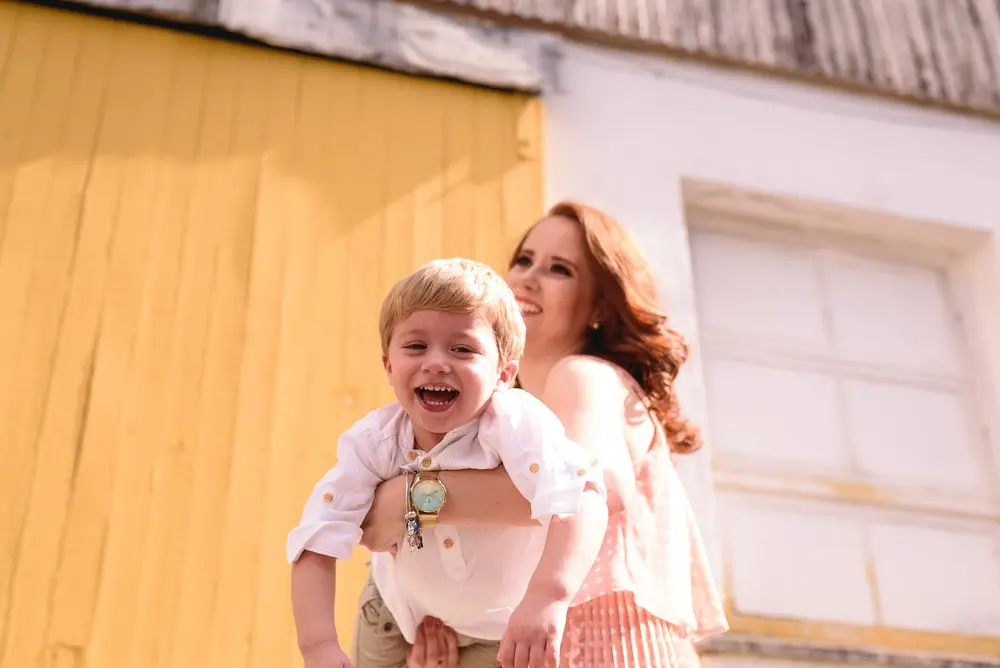The Irreducible Needs of All Children and the Needs of Children Who Have Experienced Relational Trauma

Brazelton and Greenspan (2000) refer to what they determine as the ‘irreducible needs’ of all children; these they define as:
- The need for ongoing nurturing relationships.
- The need for physical protection, safety, and regulation.
- The need for experiences tailored to individual differences.
- The need for developmentally appropriate experiences.
- The need for limit setting, structure, and expectations.
- The need for stable, supportive communities and cultural continuity.
Brazelton and Greenspan describe these needs as fundamental to a child’s wellbeing and critical to their development. In a ‘good enough’ functioning family these needs are integrated and work in harmony.I agree with these authors that these needs are fundamental. Not all children experience sound and predictable needs provision. Such children are no different from others in terms of their absolute need for nurture, protection, idealised response, limits and stability. But children who have encountered adversity, relational disruption and maybe trauma have an additional layer of need.
Here are six short points from work by Hughes, Golding and Hudson (2019). The points refer specifically to children who have experienced adversity including complex trauma .
These children believe that love is conditional not unconditional; they do not trust that their parents (or carers) will be there for them “no matter what.” The children do not feel good enough and expect to be found wanting.

Consequently, these children expect that their parents (or carers) will reject them. They anticipate rejection not only because of how they are behaving, but also because of the range of thoughts and feelings that underlies this behaviour.

These children therefore anticipate that they will be abandoned. Parents (or carers) will not be available when needed.

These children therefore anticipate that they will be abandoned. Parents (or carers) will not be available when needed.

These children manage these fears and beliefs by taking charge. They become self-reliant or coercively in control. They cannot anticipate safe comfort, support, or guidance from their parents. Attachment breaks are frequent, and repair to these breaks is not straightforward...

Without comfort, support, and relationship repair, these children are not getting the attachment experience that they need.

I well recall the arrival of our children and how my wife and I adapted our way of being in the world to meet their needs. Children who are abused, neglected and maltreated are forced to go against their innate nature and adapt to the needs of their caregivers. The process of adaptation leads the child to unconsciously set up survival patterns that protect them but that thwart healthy development. It is worth repeating that damage done in and through relationships can move toward being undone in new and enriching relationships.


